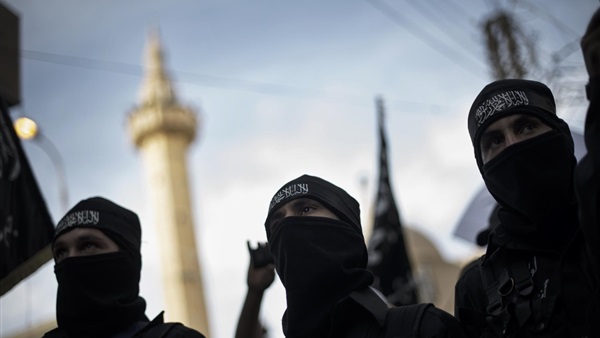Mouaz Mohamed
While Doha announced on January 21 that it had sent medical aid to Khartoum, the Sudanese authorities announced the seizure of a Qatari arms shipment in Darfur that contained a large number of automatic and semi-automatic weapons, in addition to a large amount of ammunition.
According to Sudanese media reports, the shipment was found en route to support Brotherhood militia groups in Tripoli, implementing Turkish orders to support Fayez al-Sarraj’s Government of National Accord (GNA) in the face of the Libyan National Army (LNA) forces led by Field Marshal Khalifa Haftar.
Establishing terrorist training camps
There have been many intelligence reports that speak about Qatar’s financial support for terrorists in Sudan by establishing three camps to train mercenaries from different countries under the supervision of the international Brotherhood organization – one of them in the state of Kordofan and the other two in the states of Kassala and the Red Sea.
On January 10, 2014, security services on the border with Sudan monitored the existence of jihadist training camps in remote areas near Egypt’s southern border.
According to the information available at the time, the training of these men was carried out by members of al-Qaeda to prepare them to carry out terrorist operations. All sorts of weapons were available in these camps, and there were reports that the Brotherhood allocated nearly $2 billion of the organization’s international budget to them.
Supporting ISIS’s presence
Training and financial support for jihadists, especially at the hands of the Brotherhood, supports the idea of the presence of ISIS in the country. Former Prime Minister Sadiq al-Mahdi acknowledged in press statements that his country has spread the ideology of the extremist organization, such that some mosques promote and spread it without supervision or accountability, stressing that the defunct regime of ousted President Omar al-Bashir colluded with this thought.
In September 2017, a spokesman for the Sudanese Tamarod movement said that ISIS has become a recognized organization in Khartoum like any other political party, as Mohamed Ali al-Jazouli, the leader of the organization in the country, came and wandered as he liked, giving Friday sermons at mosques, and he had explicitly announced his allegiance to former ISIS leader Abu Bakr al-Baghdadi, who was killed in a US air strike in October 2019.
ISIS announced its presence in Sudan for the first time on December 4, 2019, after the DAL Cultural Forum announced the first showing of the local film “You Will Die at Twenty”, which won a number of international awards and sparked controversy because of its ideas that dealt with Sufism, which is not compatible with the ISIS ideology.
At the same time, the organization announced its readiness for what it called “the protection of religion from society”, which it described as stray attempts aimed at spreading obscenity among people, calling for the use of violence to counter this.
Sudan is suffering from being placed on the list of state sponsors of terrorism, which Prime Minister Abdalla Hamdok confirmed would lead to the collapse of the country and consequently increase the influence of ISIS there.








































admin in: How the Muslim Brotherhood betrayed Saudi Arabia?
Great article with insight ...
https://www.viagrapascherfr.com/achat-sildenafil-pfizer-tarif/ in: Cross-region cooperation between anti-terrorism agencies needed
Hello there, just became aware of your blog through Google, and found ...